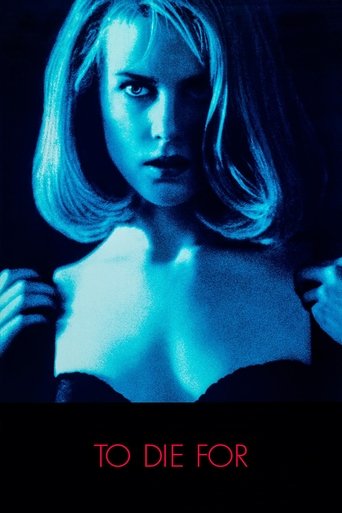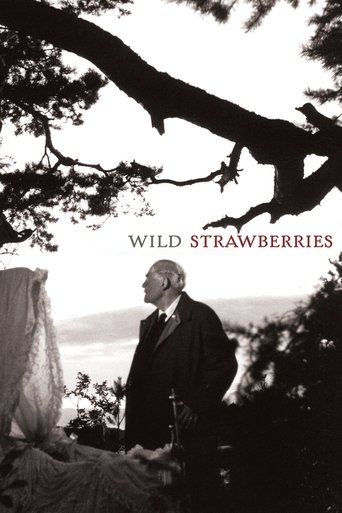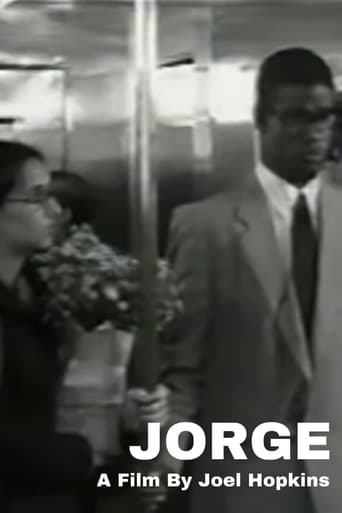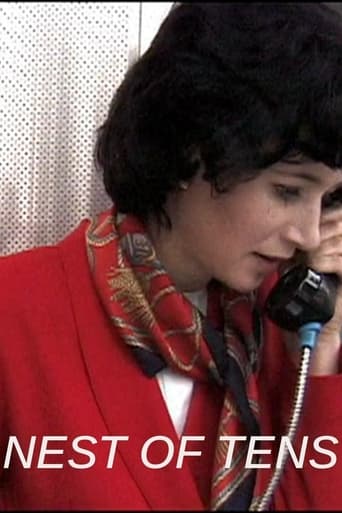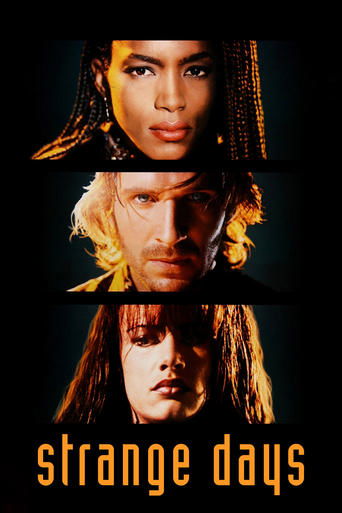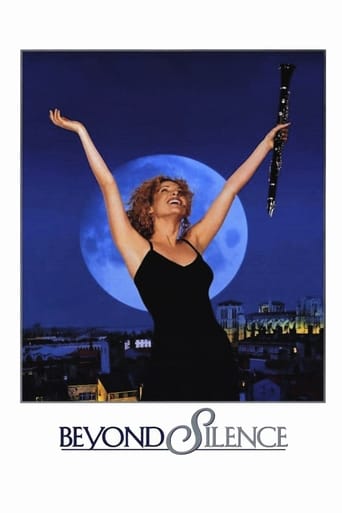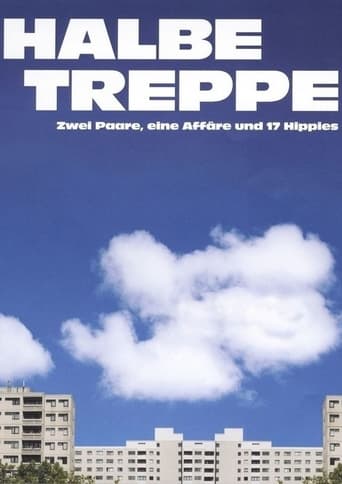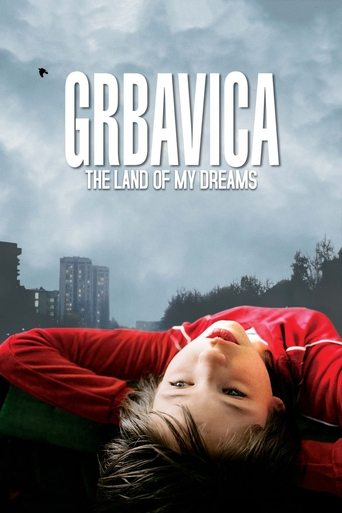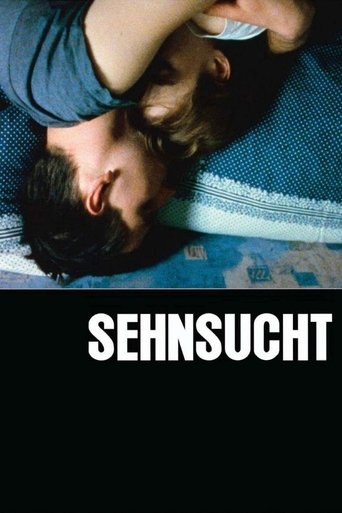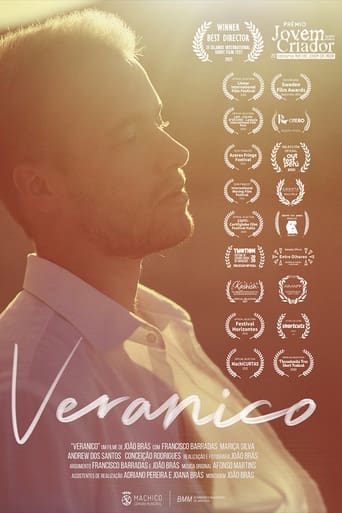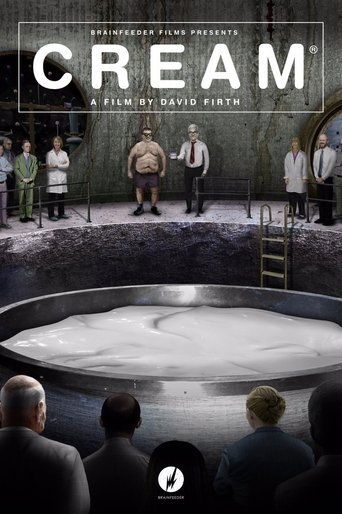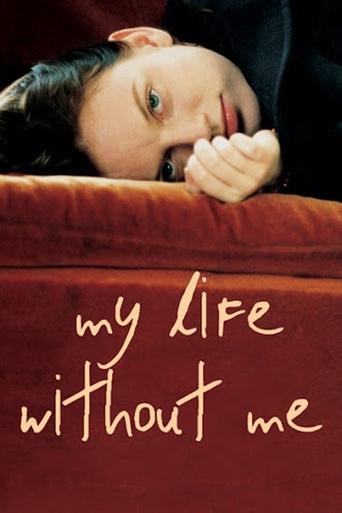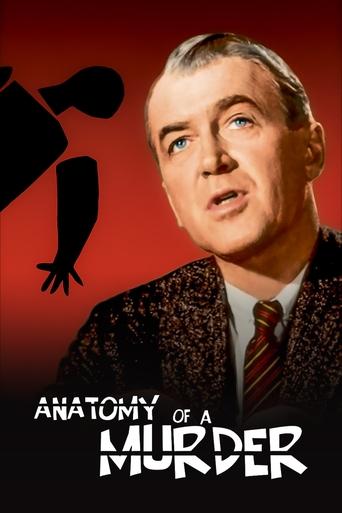Heaven-Bound Travelers
Heaven-Bound Travelers (circa 1935) was discovered among the rolls of film in the Gist collection at the Library of Congress by S. Torriano Berry during the recent restoration of Hell-Bound Train. Eloyce Gist takes a central role onscreen as a wife and mother who is wrongfully accused of adultery by her husband and is left to fend for herself and their daughter in the world. As she struggles to sustain them, the husband becomes riddled with guilt and struggles with his decision, and the social realism of the drama shifts to an allegorical struggle between the devil, appearing to tempt humanity to sin, and the angels. The film does not exist in complete form but the fragments show a project of ambitious scope. Presented with a score composed and performed by Dr. Samuel Waymon.
